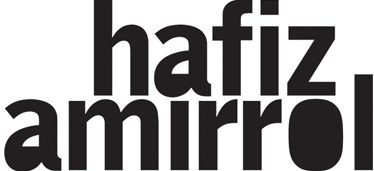In the era of transformative urbanism that needs a new totalizing concept in generating good values in the life practices of its inhabitants, alternative design approaches are needed to respond to these phenomena. This is due to the fact that these phenomena and conditions will be transformed into possibilities that would affect Bandung’s built environment and its values of good life practices in the future. A more flexible and reflexive approach in designing the city (macro) and its architecture (micro) are new demands that must be responded by those involved in the practice of the built environment. Generative algorithms tools made possible by parametric technology are seen as one of the many possibility that would help to generate alternative design approaches in responding to this issue. The complex variables of cultural and daily life practices of the inhabitants of a specific place were used as inputs for the metric parameters used in the generative algorithms tool. This paper is to delineate new design approaches and techniques that are hoped may contribute positively in responding the complex transformative conditions of Bandung. By conducting research and analysis on the phenomena of urban transformation, the objective of this paper is to provide a visionary thinking through best practices approaches and methods on how to intervene the city. Furthermore, the flexibility and capability of the generative algorithms tool is deemed viable for further design explorations and also acts as a liberator against homogeneity for future architectural and urban design works.
By Hafiz Amirrol and Chichi Asda
View full paper

No comments:
Post a Comment